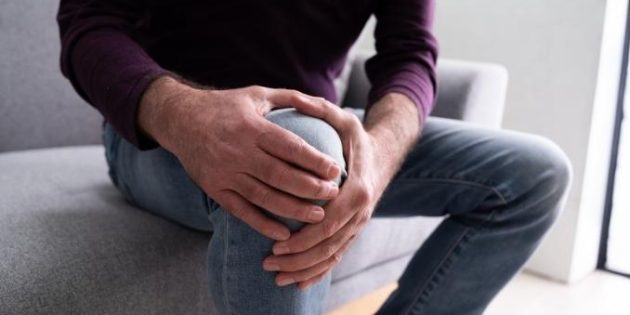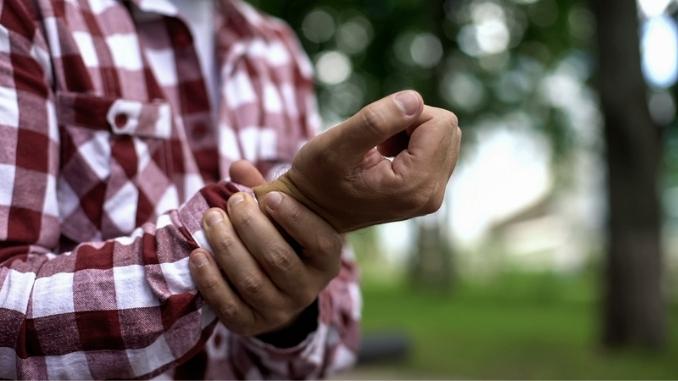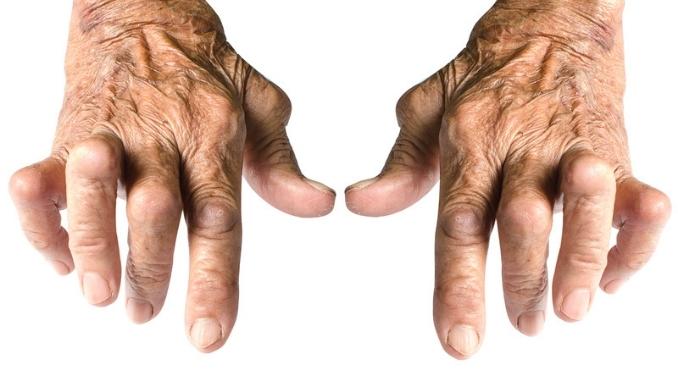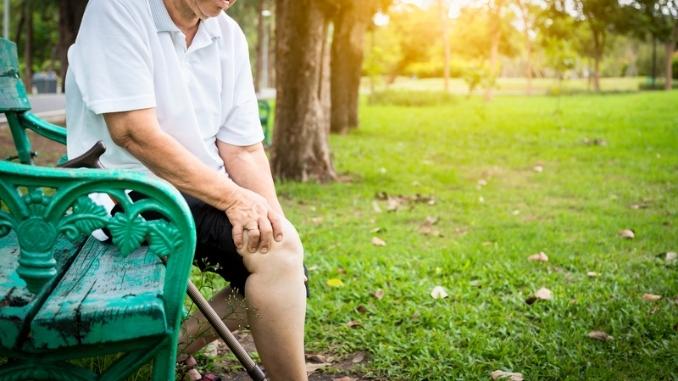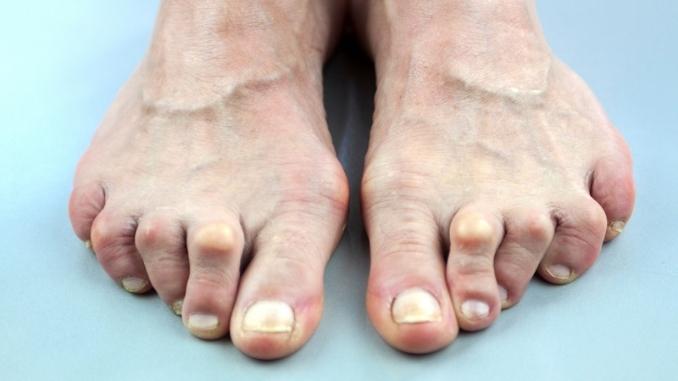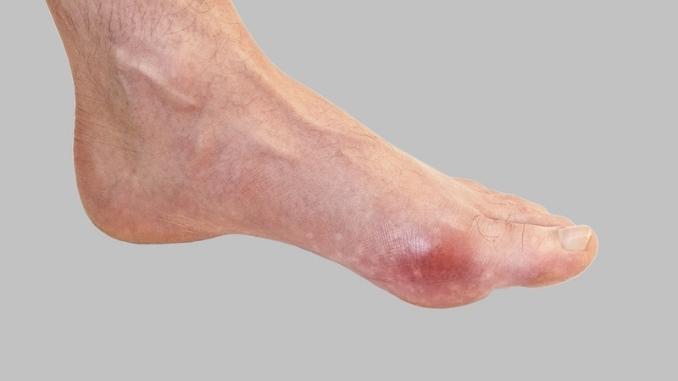Have you been experiencing joint pain recently?
It’s the day after activity, and all you can think about is how much your body aches. You think back to all the times you overdid it yesterday: dancing with friends, playing tag with your nieces and nephews, a trip to the gym, and now you regret not taking it easier. If only you had known that all of this activity would result in today’s pain! Many people love to stay busy and active, but what about their joints? All that time spent using your muscles can take its toll on your joints.
If this sounds familiar, you’re not alone! It’s estimated that 20% of people regularly suffer from pain and discomfort in their joints, which are rising. Every person on their feet for an extended period will tell you that it’s uncomfortable and can also be painful. While the causes of joint pain can vary from person to person, several factors can increase your risk. This includes being overweight or obese, having a family history of arthritis, and being inactive.
What is Arthritis?
Many people have arthritis, but what is it? Arthritis is inflammation of one or more joints and can commonly cause disability. It can occur in any age group but is most common in those over 65. The cause of arthritis is not fully understood, but it may result from wear and tear on the joints, infection, or autoimmune disorders. Symptoms can vary from mild to debilitating, making everyday activities such as walking or typing difficult.
There are many types of arthritis, but the most common are osteoarthritis, rheumatoid arthritis, and psoriatic arthritis. Learning about arthritis can help you better understand your condition and how to best manage it.
Osteoarthritis
The most common form (30-40%) of arthritis is osteoarthritis, also called degenerative joint disease. It causes narrowing or damage to a joint due to natural wear over time. A typical long-term condition that can cause pain and inflammation in the joints. It affects people of all ages but is most commonly seen in older adults. While there is no cure for osteoarthritis, treatments available can help reduce your symptoms.
Rheumatoid Arthritis
Did you know that rheumatoid arthritis is the most common autoimmune disease? It can affect people of any age but is more common in women. Rheumatoid arthritis affects the immune system’s ability to send antibodies into circulation where they’re needed for protection against illness attacks by synovial fluid collection near membranes lining major joints throughout your body. It happens when your immune system mistakenly attacks and destroys your own body’s tissues.
Rheumatoid arthritis is a chronic autoimmune disease that causes inflammation in the joints, resulting in pain, swelling, and stiffness. Some people with rheumatoid arthritis also experience fatigue, morning stiffness, and weight loss.
Gout
Gout is arthritis caused by your body’s immune system overreacting to toxins and uric acid in your diet. It can cause painful inflammation throughout joints, especially those near the big toes or knee caps. It might start with a tiny spot that gets attacked, then spread until you have multiple areas across both legs, underarms, wrists, and ankles.
No specific diet plan will avoid gout flare-ups, but reducing the amount of purine in your diet can help. If you have gout, try to prevent these high purine foods:
- Red meat, lamb, and pork
- Seafood
- Alcohol
- High fructose products
- Organ meats
What Causes Arthritis?
There are several reasons arthritis can develop. Some causes include:
- A decline in immunity due to stress, lack of sleep, or poor nutrition
- Genetic factors (25% chance if one parent has it)
- Infection that leads the immune system astray
How Do You Know if You Have Arthritis?
There are many ways that arthritis can be identified. One of the most common symptoms is a pain in your hands, wrists, or fingers. You might also feel pain in other joints, such as your knees and elbows.
Osteoarthritis signs and symptoms can include:
- Pain that develops slowly
- Pain that is worse in the morning
- Pain localized in the buttocks, groin, thighs, or hips
- Locking, grating, and grinding when walking or moving
- Vigorous or excessive activity may cause pain
- Stiffness that decreases your Range of motion, making walking or bending challenging
- Swelling
- Pain may spread to the knees or back
Rheumatoid arthritis signs and symptoms can include:
- Pain or aches in more than one joint
- Fatigue
- Weakness
- Fever
- Stiffness in more than one joint
- Tenderness and swelling in more than one joint
- The same symptoms on both sides of the body
- Weight loss
- Pain and swelling are symmetrical
Gouty Arthritis signs and symptoms can include:
- Intense joint pain
- Limited Range of motion
- Inflammation
- Redness
- Discomfort
- Swelling
Pain Management
Managing joint pain can be difficult. Here are some tips for reducing the discomfort:
- Take anti-inflammatory medications like ibuprofen or naproxen sodium before you start your day to reduce swelling and inflammation in affected areas of the body.
- Food supplements such as collagen and turmeric can support healthier bones, muscles, and joints.
- Apply heat, especially after exercising, so muscles remain loose throughout sleeping hours. This will help ease muscle tension around the joints.
- Drink plenty of fluids during the day because dehydration can aggravate your condition.
The treatment for osteoarthritis focuses on reducing the symptoms rather than curing them. Here are some ways to alleviate the pain:
- Medications
- Exercise
- Lifestyle modifications, like avoiding repetitive activities
- Managing your weight
- Wearing Supports
- Surgery
Ten ways to alleviate pain if you are suffering from joint pain
- Hot and Cold Therapy
- Capsaicin
- Epsom Salts
- Acupuncture
- Massage
- Fatty Acids
- Transcutaneous Electrical Nerve Stimulation
- Exercise
- Stretching Exercises
- Supplements
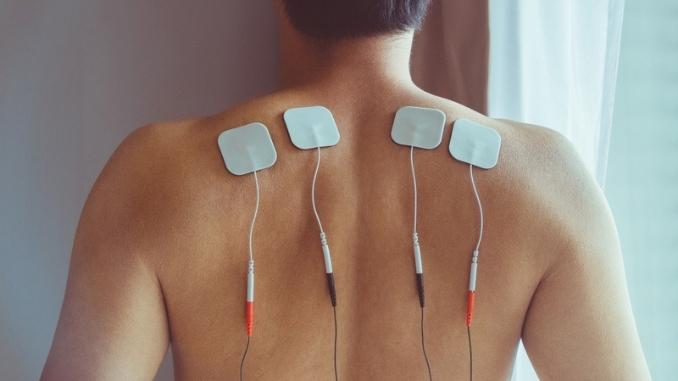
Is Arthritis Irreversible?
Arthritis is degenerative and irreversible. As you age, your body naturally goes through a process of degeneration. While we can’t stop the natural progression of aging, there are several things you can do to delay the progression of arthritis and help with pain management. An active lifestyle, proper diet, and the right supplements, like collagen for healthier joints and turmeric for its anti-inflammatory properties, may relieve arthritis pain.
You have the choice to start your journey towards pain-free joints today. Check out the best supplement for pain-free joints here.
